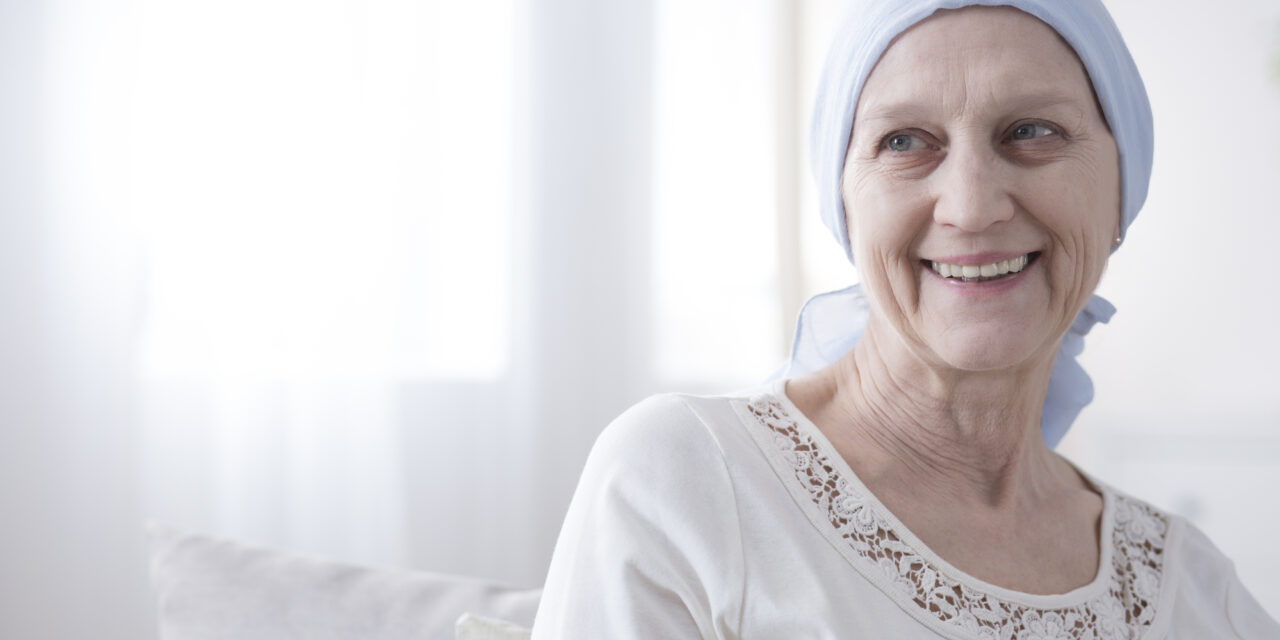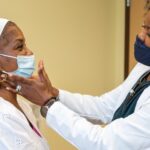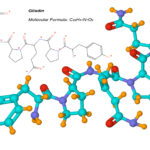Courtesy of Roswell Park Cancer Talk Blog
It is anticipated that the number of people aged 65 years and older will reach 1.6 billion by 2050, which is twice the number of current seniors. This will likely result in a silver tsunami of geriatric cancer cases, who will have other health conditions associated with aging, including those with lymphoma.
Lymphoma is a cancer of the lymphatic system, an important part of the body’s immune defense against infection and disease. The seventh most common cancer and eighth leading cause of cancer mortality in the U.S. in 2022, lymphoma can affect the lymph glands, thymus, spleen, bone marrow, and other organs. The disease falls into two categories: Hodgkin lymphoma and non-Hodgkin lymphoma, which is an umbrella for as many as 60 different forms of the disease. Slow-growing types, such as follicular lymphoma, don’t require treatment for decades, but other aggressive types require urgent treatment with high doses of chemotherapy. While many types of lymphoma are considered curable, therapeutic outcomes in older patients are generally worse than for younger ones. However, approval of many new drug therapies has dramatically improved lymphoma outcomes for older patients.
The average age of patients diagnosed with diffuse large B cell lymphoma, one of the most aggressive types, is 66, however the standard chemotherapy regimen for these patients is difficult for them to tolerate. Pallawi Torka, MD, Assistant Professor of Oncology at Roswell Park Comprehensive Cancer Center (Roswell Park), is excited about new therapies being undertaken to help these patients at Roswell Park. One of these is a large intergroup clinical trial for patients over age 75 with diffuse B-cell lymphoma, which employs a strategy that has been successful in treating other cancers, such as leukemia and lymphomas.
Another lymphoma treatment is an oral immunotherapy drug for diffuse large B-cell lymphoma. Developed in part by Roswell Park’s Ben Seon, PhD, the treatment has shown excellent results in older patients. According to Dr. Torka, oral therapies have fewer side effects compared to chemotherapy, and have been effective in treating lymphomas in older adults, who can take them at home at their own convenience. “Once we know they are tolerated well, patients come in once every three months to be monitored,” Dr. Torka says.
The good news is that older patients with lymphoma have an extremely high adherence rate, and take their cancer medication daily without fail because they know how important it is to control their cancer. “I have patients in the study over age 90 with many physical and mental limitations such as blindness and dementia, but with family support and motivation, take their pills 100 percent of the time,” says Dr. Torka. She has also found that frail older patients with a lower quality of life realized the greatest benefit when they began taking the pills. Encouraged by the progress researchers are making in treating lymphoma in older adults, Dr. Torka recommends that patients seek out a lymphoma expert to ensure that they receive the best care based on their individual situations.
Learn more about lymphoma in older adults, and about Roswell Park’s team of experts at https://www.roswellpark.org/cancer/lymphoma/why-roswell-park. To make an appointment call 1-800-767-9355.












